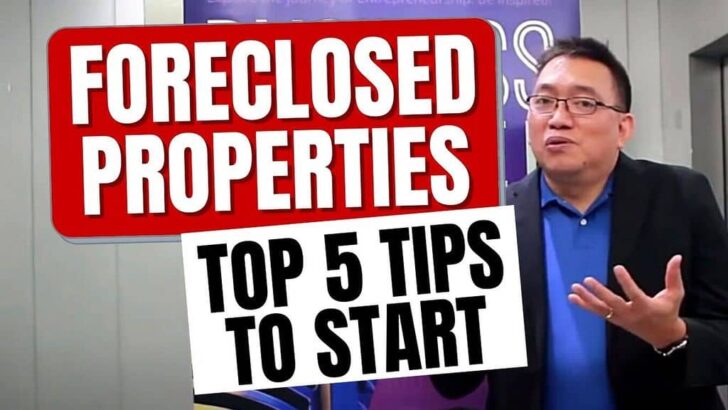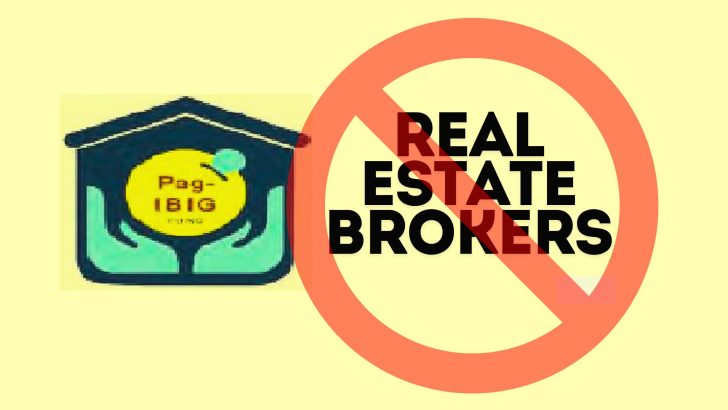In Part 1 of this series, I mentioned that no bank in their right mind would lend money for stock investments. This is simply because the probability of stocks losing much of their value or becoming worthless in a short amount of time is very high and very obvious.
Volatility
Just look at the stock market right now and I’m sure you’ll find stocks that have lost much of their value in the past year alone. As you can see, the stock market is very volatile, and the change in a stock’s value can be very abrupt. Of course, it can go both ways, one may argue. How about real estate?
Stability
In contrast, real estate can be considered as a stable investment which is very unlikely to lose value as abruptly as stocks. Even if real estate does lose value, the depreciation is not that significant as compared to stocks. Again, it would also take a longer time to lose value.
Real estate can be insured
 But what if a property gets destroyed in a fire, an earthquake, a landslide, or when an airplane comes crashing down on it, etc., the real estate investor would lose his investment right? Not unless the investor had it covered with insurance.
But what if a property gets destroyed in a fire, an earthquake, a landslide, or when an airplane comes crashing down on it, etc., the real estate investor would lose his investment right? Not unless the investor had it covered with insurance.
In fact, getting a property insured (acts of nature, mortgage redemption insurance, fire insurance, etc.) is often mandatory when taking out a loan through banks or other lending institutions like Pag-IBIG.
Is there insurance for stocks?
Is there an equivalent insurance that can cover a stock investment against stock market crashes, scandals, or from the global financial crisis? The answer is simply none, there is no such thing. If there is, please do let me know so I can have my stocks insured.
Moving on…
Moving forward, lets cover the main reason we invest, to get a significant return on our investment.
What if you have already invested in stocks or in real estate and notice that your investment is somewhat not giving you the expected returns or its market value is going down but you don’t want to sell just yet.
Is there anything you can do that can affect or raise the value or the returns of your stock or real estate investment? I will try to explain this in the next and final part of this series.
If you have an opinion, question, comment, or even a violent reaction that you would like to share, don’t be shy, just leave a comment.








Pingback: Finding Dream Tenants and Dealing With Horror Ones
Very well said Mr. Allan…
Now I am confused which investment vehicle to focus on… huh!
Please enlighten me more… Mr. Jay… Mr. Allan..
Jay,
There is also insurance for stocks, called put options.
So either way, you can control the risk of stocks falling down by doing a married put strategy.
For monthly cashflow like in real estate, im using covered call for my stock portfolio.
For leverage, you can never borrow from the BANK to purchase stocks as banks DONT know much about stocks. The best institution to borrow then is your BROKER.
There are some disadvantage i see also from real estate investing.
Liquidity – i need to find the right buyer that will agree on my price to exit the RE deal, otherwise I’m tied with the property which may add to original cost in acquiring the property.
Effort – visit personally or outsource the due diligence to inspect 100 properties to probably get 10 good deal properties and have 1 property to deal with bank. From an OFW like me, this is not suitable setup.
Team – you need to build a good team from angel investors, lawyer, accountant, inspector, labourer to construct a RE deal
Diversification – even for a modest investment (200K) for just a SINGLE property is still a big money for an ordinary Pinoy.
For sure your strategy is acquiring undervalue property that’s why you go for foreclose property. Similarly, in stocks, using undervalue investing strategy, four stocks from different industry (using 200k) can be acquired and do cashflow strategy.
Pingback: Why Is Investing In Real Estate So Much Better Than Investing In Stocks? (Part 3: Control)
Pingback: Why Is Investing In Real Estate So Much Better Than Investing In Stocks? (Part 1: Leverage)